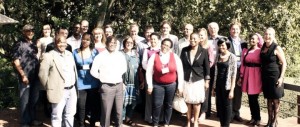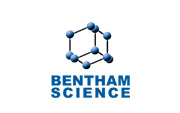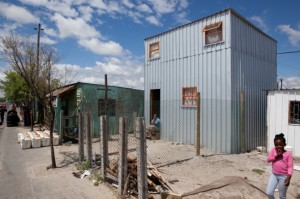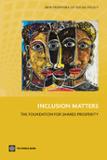Benjamin De La Pena – How To Solve Metro Manila’s Housing AND Traffic Problems – At The Same Time
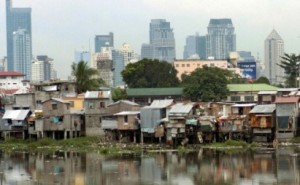 interaksyon.com. Benjamin de la Peña is the director for community and national initiatives at the John S. and James L. Knight Foundation. He has a masters degree in urban planning from Harvard University and he has worked around the world on urban development issues.
interaksyon.com. Benjamin de la Peña is the director for community and national initiatives at the John S. and James L. Knight Foundation. He has a masters degree in urban planning from Harvard University and he has worked around the world on urban development issues.
Republic Act 7279 or the Urban Development and Housing Act of 1992, also known as the Lina Law, is controversial for decriminalizing squatting. (For detractors, please note that Marcos’ anti-squatting law didn’t really produce any results.) But 7279 also sets out our most comprehensive policy on housing and urban development. It created the funding mechanisms for our community mortgage program. It also required national and local agencies to cooperate on housing and urban development.
RA 7279 mentions “mortgage” twelve times. It mentions “rental” just once. The last line on Sec. 12 says: “Consistent with this provision, a scheme for public rental housing may be adopted.” (This section was amended in 2007 by RA 9397 but the amendments didn’t add anything to the discussion of rental housing.)
That’s it. As far as I know, we haven’t issued any law or scheme for public rental housing.
The law that governs rental housing is RA 9653, the Rent Control Law. This law does nothing to expand the rental housing market. In fact, it probably limits the growth of quality rental housing for the low and middle-income households. It also discourages landlords from upgrading their housing stock. (That’s for another article.)
